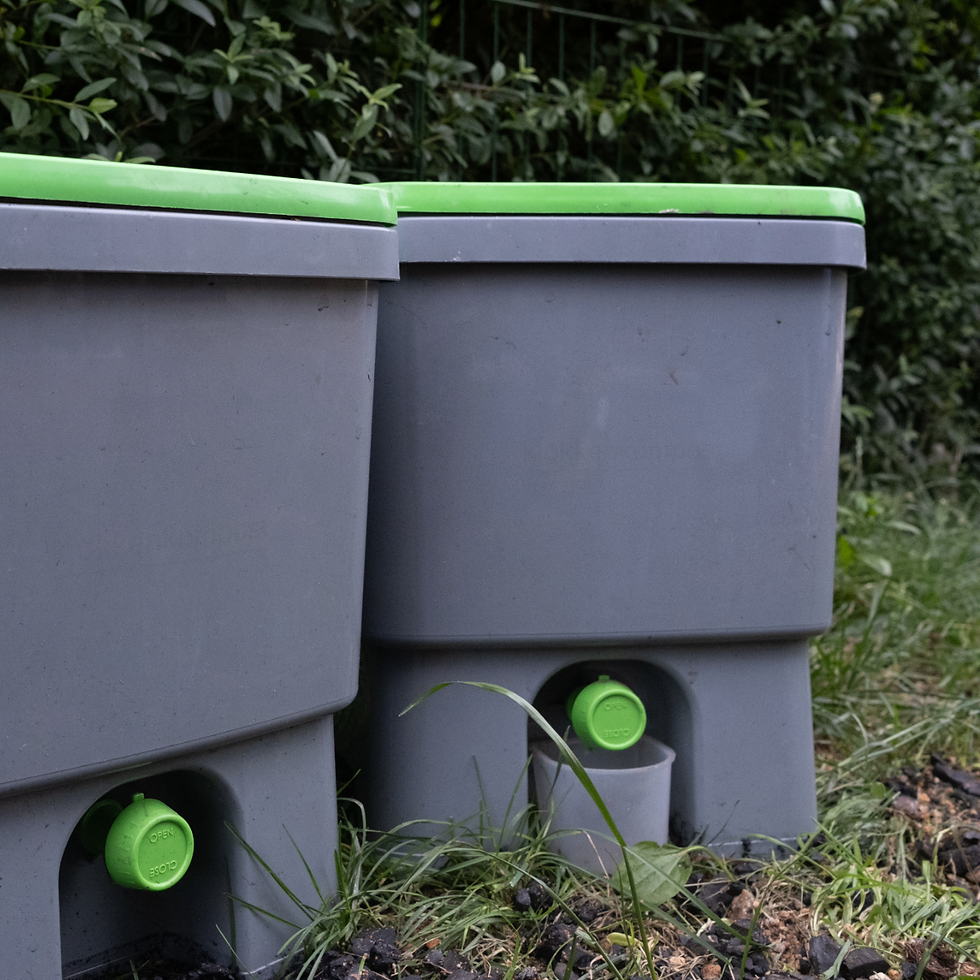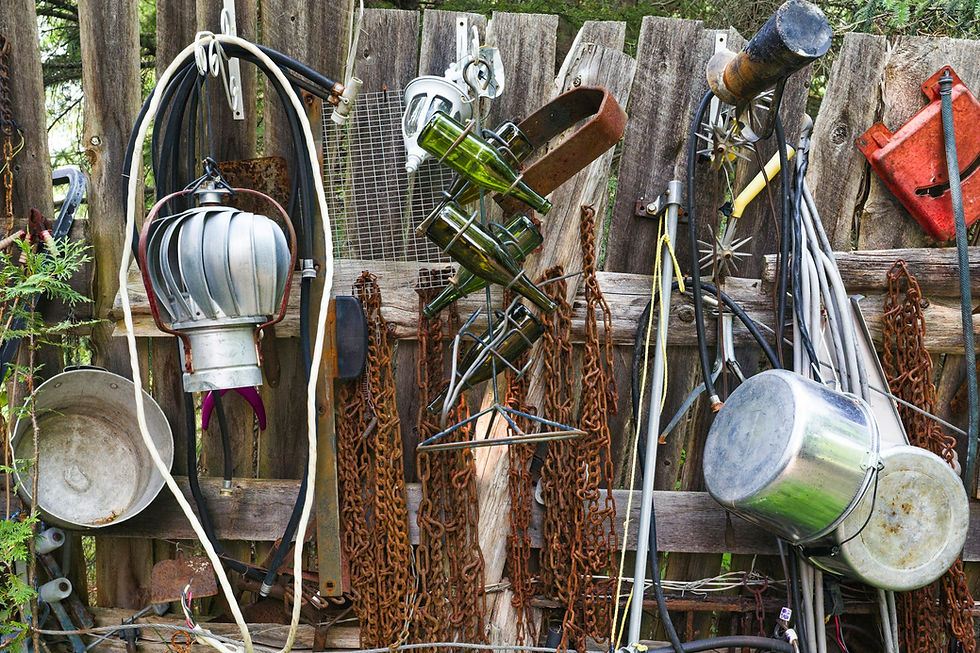Tend the Cycle
- info630005
- Jun 21, 2025
- 3 min read
A Permaculture Reflection for June from Eco-Restore

As the sun stretches long into the evening and the Salish Sea reflects summer’s shimmering light, Fidalgo Island’s gardens are alive with possibility. Hummingbirds sip from native honeysuckle, bees trace their golden routes across clover and foxglove, and beneath our feet, the earth pulses with unseen life.
June is a time of deepening commitment—to the plants we tend, the soil we steward, and the choices we make as gardeners and neighbors to this place. This month, we’re called to contemplate a principle that feels especially resonant in these abundant days:
Produce No Waste.
It sounds simple, even obvious. But when taken to heart, this principle invites a profound shift in how we relate to the world around us. In nature, nothing is wasted. Every fallen cedar needle, every expired bloom, every apple core becomes food for something else—part of a cycle that has been unfolding for millennia.
When we garden with that same reverence for the cycle, we not only reduce harm, but we amplify beauty. We become participants in something bigger than ourselves.
Composting: Returning What Was Given
There’s something especially grounding about returning food scraps to the soil, knowing they’ll nourish next season’s kale or camas. If you haven’t yet started a compost pile, June is a perfect time to begin. Warmer temperatures help speed decomposition, and the garden provides a steady stream of clippings and cuttings.
Whether you keep a simple backyard heap or a tidy bin, composting on Fidalgo is an act of reciprocity with this place.

And for those who want to compost more of their household waste, including meat, dairy, and cooked food scraps—Bokashi fermentation is a great solution, especially in smaller spaces or shared gardens. Our friends at Seed and Trellis offer high-quality Bokashi kits. Use the code ECORESTORE at checkout for 10% off and take the next step toward a waste-free home.
Vermiculture: Tiny Allies Beneath the Soil
On cool, misty mornings, we’re reminded that much of the work in the garden happens below ground. Composting worms are tireless helpers, transforming scraps into rich castings that build resilient, moisture-holding soil—a precious gift during the Island’s dry summer months.
Worm bins work beautifully indoors or out, and they’re especially great for families with curious young gardeners. It’s an accessible, hands-on way to teach the beauty of natural cycles and responsibility for the land. Vermiculture not only reduces waste but deepens our relationship with the life in our soil.
Waste Awareness: Small Shifts, Big Impact

Living on Fidalgo, you’re always aware of the proximity to the sea. The waste, especially plastic and chemicals, has a way of finding its way into the waterways. Reducing that impact is both a personal and a community act of care.
This June, take a quiet inventory. What are you throwing away each week? What could be composted, reused, repurposed, or replaced?
Trade synthetic fertilizers for compost teas and worm castings
Swap plastic seed trays for biodegradable or salvaged containers
Rethink packaging, and seek out local sources for seeds, soil, and mulch
Mend old garden gloves, reuse plant tags, and donate unused tools to neighbors
Could you challenge yourself to compost every organic scrap for a week?
By asking these small questions, we begin to shift the culture of our households and communities toward resilience and reciprocity.
At Eco-Restore, we work one-on-one with gardeners to help identify simple, meaningful ways to reduce waste, always with a focus on practicality, beauty, and site-specific solutions that suit Fidalgo’s climate and character.
Why It Matters: Regenerative Gardening for the Salish Sea
When we produce no waste, we reduce our burden on landfills and waterways. But more than that, we shift into alignment with the ecological intelligence of this place. Our gardens become part of the larger pattern of healing and restoration across Fidalgo Island: a patchwork of pollinator havens, native hedgerows, and edible landscapes that give more than they take.
The changes don’t have to be dramatic. In fact, they’re most powerful when they’re small, slow, and sustainable—like a bucket of compost tea, or a bin of quietly working worms, or a habit of thinking twice before discarding what might still serve.
This season, let your garden reflect the spirit of this land—cyclical, generous, alive.
If you're looking to move toward a waste-free landscape, we’d love to help. At Eco-Restore, our garden guidance services are rooted in permaculture ethics and tailored to the unique ecosystems of the Pacific Northwest coast. Let’s work together to make your garden a thriving, regenerative part of Fidalgo Island’s future.
Because nothing is truly wasted—only waiting to be transformed.




Comments